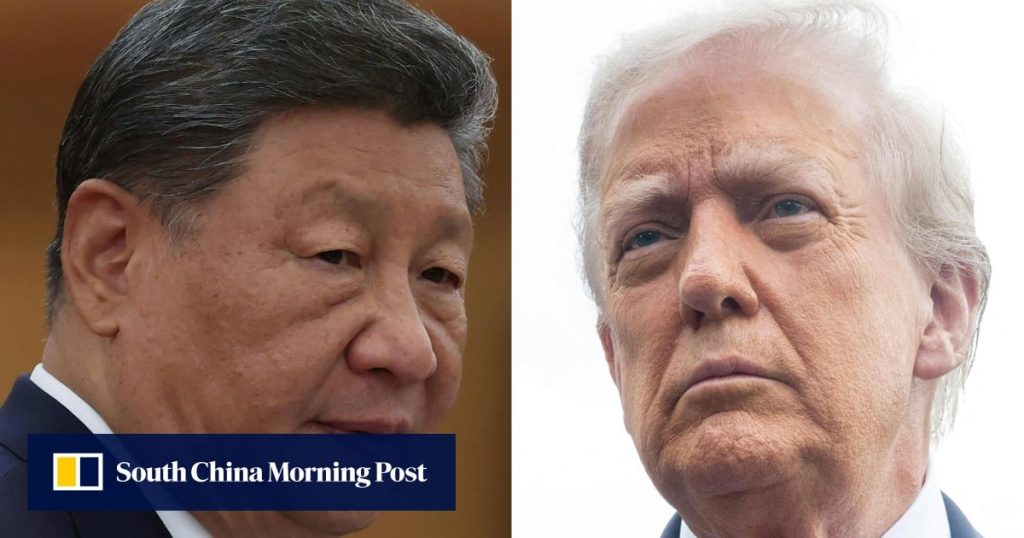As the presidents of China and the United States prepare to meet in South Korea next week, observers remain sceptical of breakthroughs but see potential for incremental steps towards mutual de-escalation of US-China tensions.
Without confirming a bilateral meeting with Donald Trump, China’s foreign ministry said on Friday that Xi Jinping would visit South Korea from October 30 to November 1 for the Asia-Pacific Economic Cooperation (Apec) summit in Gyeongju.
The White House, however, announced on Thursday that the two leaders would meet on the morning of October 30, following Trump’s first post-re-election trip to Malaysia and Japan.
Set against a backdrop of renewed tariff threats, rare earth export restrictions, and a widening array of unresolved disputes from technology sanctions to Taiwan, experts were divided on the prospects for the first Xi-Trump summit of the American leader’s second term.
While some anticipated limited concessions, such as a pause in tariff escalation, incremental agricultural purchases or adjustments to China’s rare earth policies, others warned of deep structural impasses that had locked their strategic rivalry into a prolonged downward spiral of confrontation.
Yun Sun, director of the China programme and co-director of the East Asia programme at the Stimson Centre in Washington, said the bilateral summit was a necessary step towards de-escalation and its outcome would be positive and modest.


